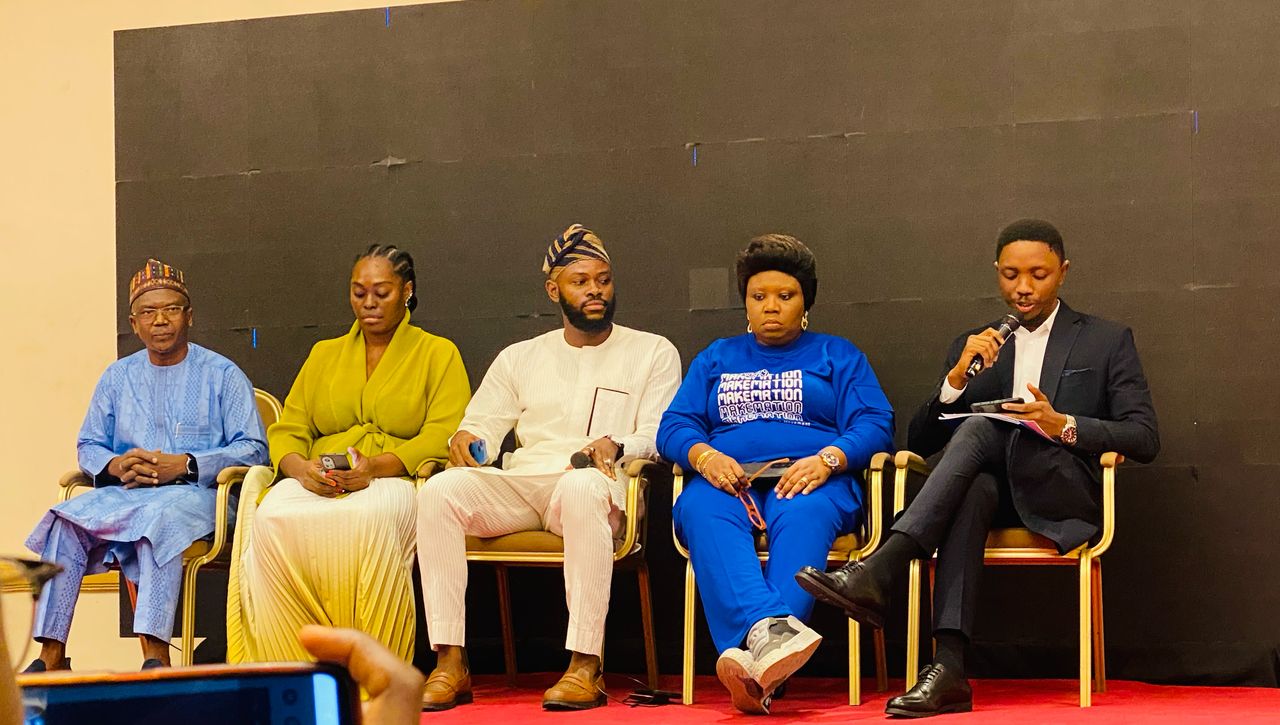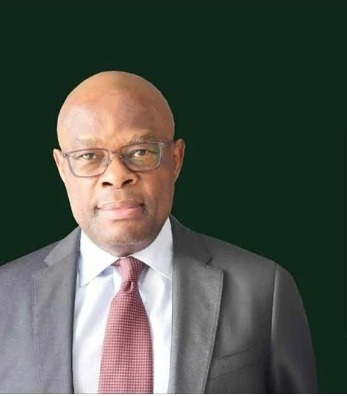
By Onoja Baba, Nigeria
Experts in different fields across Nigeria have outlined how Artificial Intelligence (AI) is reshaping journalism in both positive and negative ways.
The experts made this known in Abuja during the 2025 World Press Freedom held at the Abuja Continental Hotel, hosted by the Centre for Journalism Innovation and Development (CJID) in collaboration with Konrad Adenauer Stiftung (KAS).
The event focused on how AI is changing the way news is created, shared, and consumed.
Speakers from government, media, and civil society agreed that while AI can enhance reporting and newsroom efficiency, it also poses threats to press freedom, truth, and public trust.
Akintunde Babatunde, Executive Director of CJID, said AI is no longer a future concept but a present force in newsrooms.
“It influences everything from story production to distribution. But with that power comes risk—bias, misinformation, and potential loss of editorial independence,” he said.
He emphasized that the impact of AI is already real and shaping the future of democracy.
Delivering the keynote address, Minister of Information and National Orientation, Mohammed Idris, described AI as one of the most transformative tools in modern journalism.
He pointed out that Nigerian media houses are already using AI to draft stories and analyze information.
“AI innovation should reflect excellence. But to protect our values, we must create ethical frameworks and legal safeguards,” he said.
He announced that Nigeria has secured approval from President Tinubu to fund the UNESCO Media and Information Literacy Institute.
“This institute will help citizens better understand and evaluate the media they consume,” he added.
The minister also said a national policy on AI and the media is being developed to ensure innovation doesn’t come at the cost of journalistic standards.
A representative from the House of Representatives warned that AI can be abused, especially during elections.
He said AI-generated deepfakes and false news stories are already spreading across Africa, weakening trust in both journalism and democracy.
“The House has passed a second reading of a bill to regulate AI. We are also launching a Legislative Network for Open Parliament and Press Freedom to improve collaboration with journalists and civil society,” he said.
He praised journalists for their dedication but added that press freedom must come with responsibility.
“If the media doesn’t self-regulate, the state may be forced to step in. Balancing public interest and political influence is delicate,” he said.
As the event concluded, participants agreed that while AI presents enormous opportunities, it must be used ethically and responsibly to protect journalism’s role in society.
categories
recent posts

NIGERIA: AI Raises Hope And Fear For Journalism – Experts

Malawi’s Mpox Battle: A Test of Resilience


NIGERIA: Tinubu To Visit Anambra May 8, Commission Key Projects – Soludo

